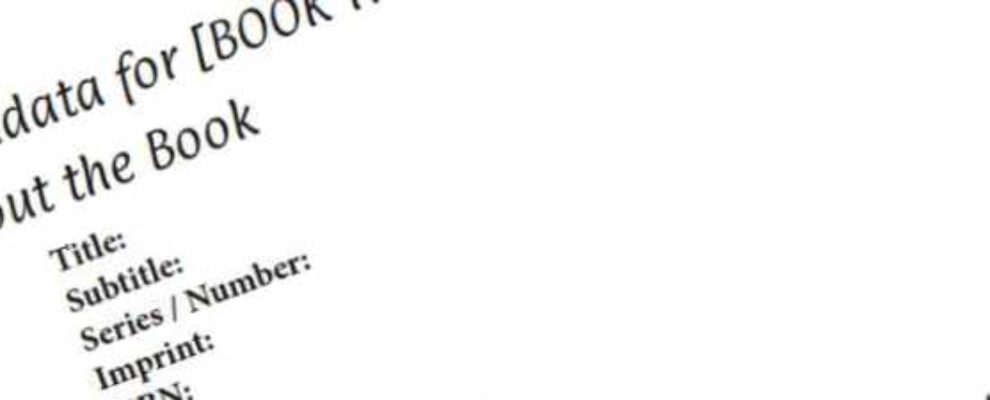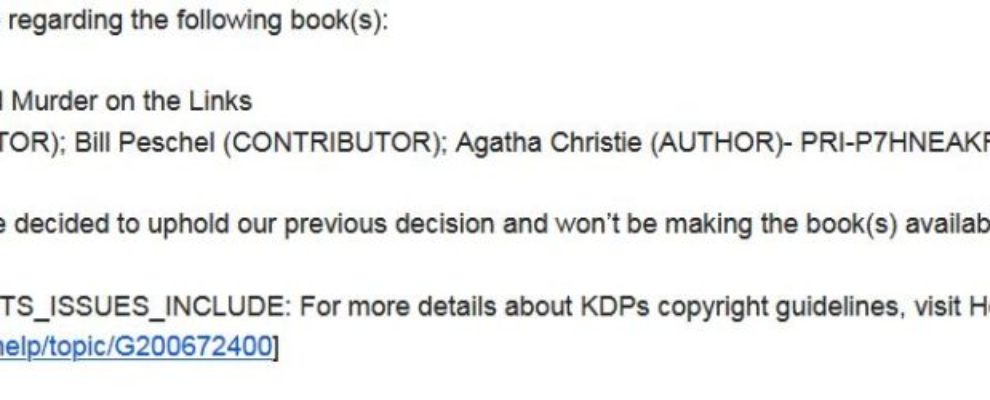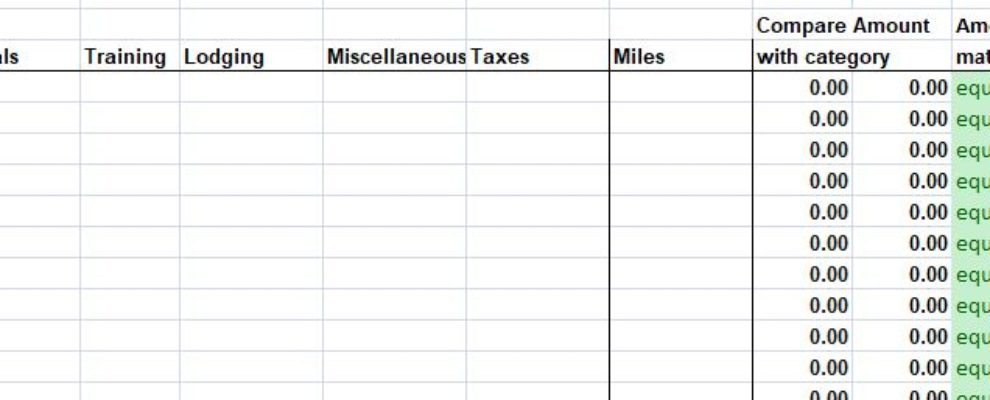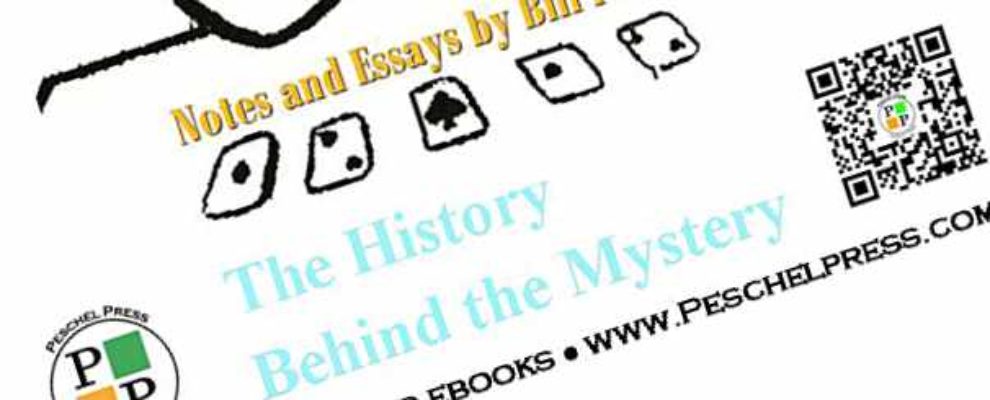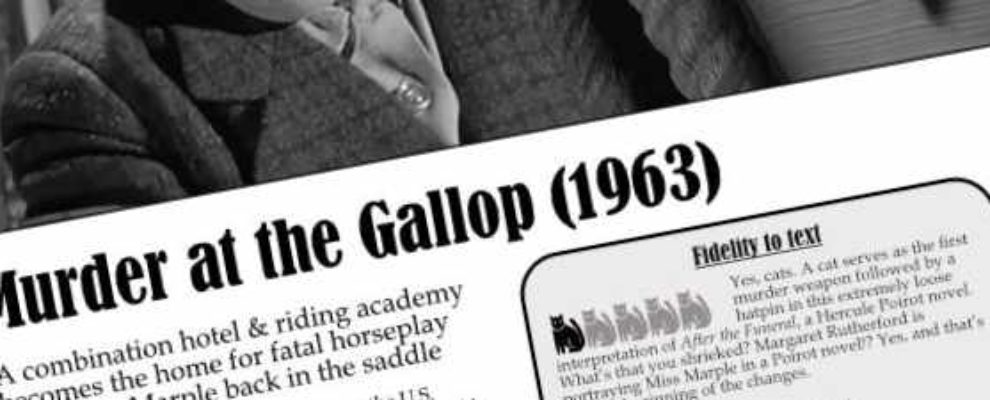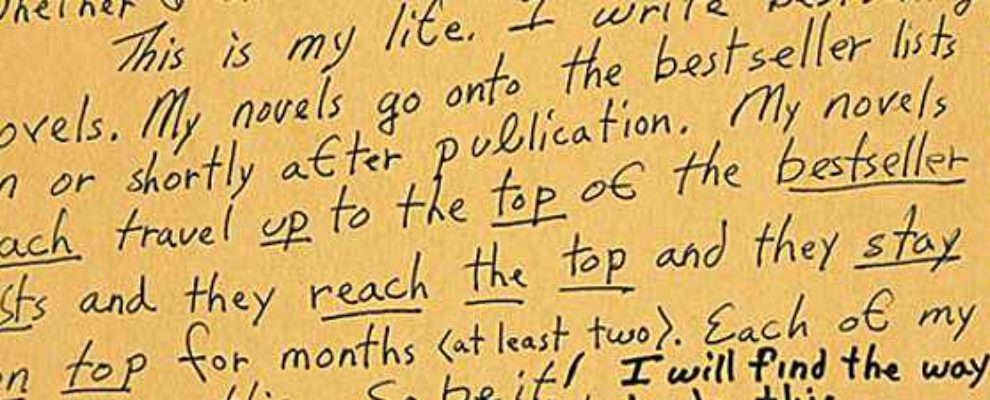Ask the CIA: How Do I Research Historical Fiction?
I’m thinking about writing a story set in the past, but I don’t know how to research historical fiction. How much research I need to do?. Do I need a fact-checker? That could be so intimidating.
I’ve written stories set in the Victorian age featuring Sherlock Holmes and Mark Twain, and the answer to “how much research do I need to do” is “until you feel comfortable writing the story.”

Next, find books that focus on the day-to-day details of people’s lives. Think locally. If your story is set in an area with newspapers and magazines, check them out on Google Books. You can find archives on New York Magazine, Life, and more.
If you’re looking for newspaper archives, I recommend the Library of Congress, the now hidden Google newspapers site, and the British Newspaper Archive. I’ve used all of them.
You need to get a general feeling for the times, manners, relationships, but wait until you’re getting the bare bones of the story down to do the specific research in those areas. That way, you don’t fall into the procrastination trap.
When you’ve read enough, start writing. Don’t worry about getting all the details right. You might have to insert in square brackets notes about what you need to fill in.
When the draft is finished, go back and research whatever you need to flesh it out. Remember that you can’t rewrite a blank page.
Research Historical Fiction Workflow
The process becomes a cycle:
1. General reading
2. Write the story
3. Research what you need to fill in the blanks
4. Run through the cycle again until satisfied
5. Publish


 On top of that, after I published “The Complete, Annotated Murder of Roger Ackroyd,” Amazon blocked it, claiming that my book didn’t qualify. I pointed out the 30,000 words of footnotes and essays, and that they had published my six previous books.
On top of that, after I published “The Complete, Annotated Murder of Roger Ackroyd,” Amazon blocked it, claiming that my book didn’t qualify. I pointed out the 30,000 words of footnotes and essays, and that they had published my six previous books.

